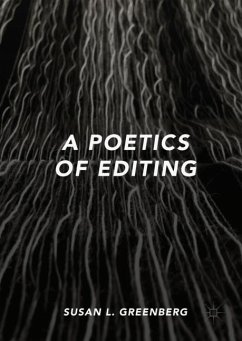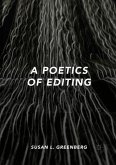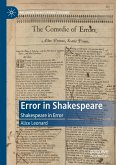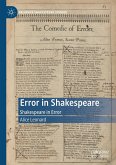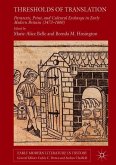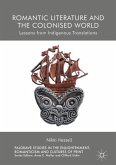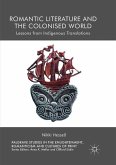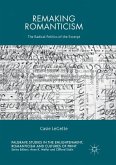This original and authoritative book offers a first-ever attempt to define a poetics of the editing arts. It proposes a new field of editing studies, in which the 'ideal editor' can be understood in relation to the long-theorised author and reader. The book's premise is that editing, like other forms of 'making', is mostly invisible and can only be brought into full view through a comparative analysis that includes the insights of practitioners. The argument, laid down in careful layers, is supported by a panoramic historical narrative that tracks the shifts in textual authority from religious and secular institutions to the romanticised self of the digital present. The dangers posed by the anti-editing rhetoric of this hybrid romanticism are confronted head-on. To the traditional perception of editing as the imposition of closure, A Poetics of Editing adds a perspective on a dynamic process with a sense of the possible.
Bitte wählen Sie Ihr Anliegen aus.
Rechnungen
Retourenschein anfordern
Bestellstatus
Storno

